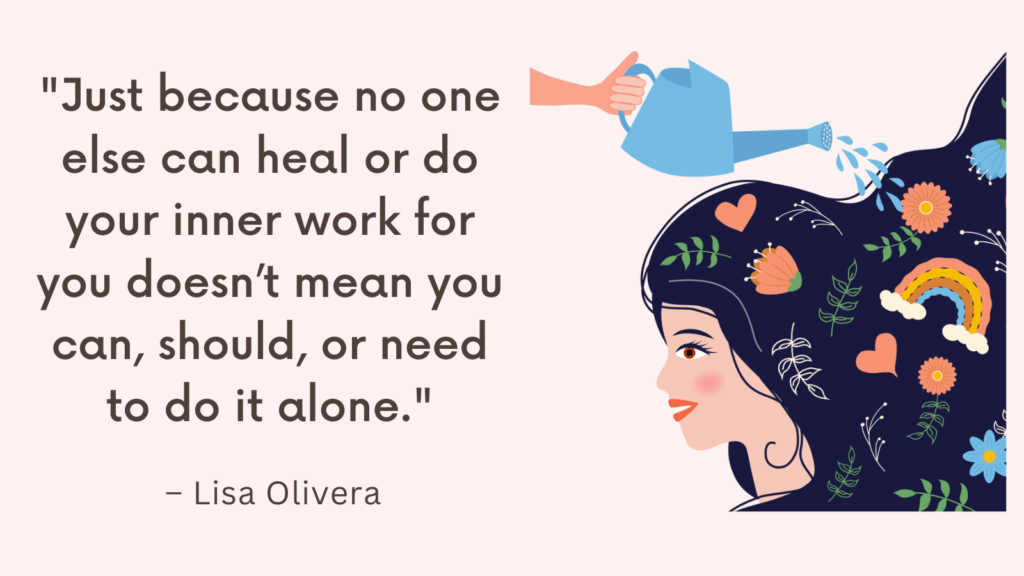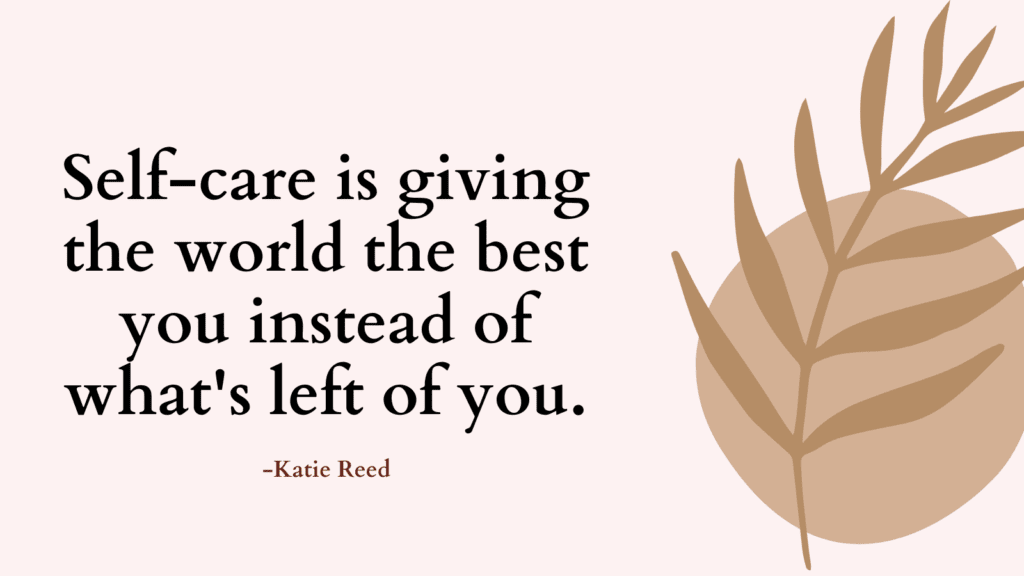This post contains “Toxic Family Quiz.”
Toxic Family Quiz
Results
#1. Do you constantly feel judged, criticized, or belittled by your family members?
#2. Are your family members overly controlling and intrusive in your life decisions?
#3. Do you feel like you are always walking on eggshells and afraid to express your true opinions around your family?
#4. Is there a history of abuse, neglect, or trauma within the family?
#5. Does your family have a pattern of blaming, shaming, or scapegoating one member?
#6. Are there unresolved conflicts or issues that keep reoccurring with no resolution?
#7. Are there secrets or unhealthy family dynamics that are swept under the rug and not talked about?
#8. Are certain family members favored over others and treated with more love and respect?
#9. Are your family members emotionally unavailable or distant?
#10. Do you feel like you have to sacrifice your own needs and desires to please your family members?
We will not sell your information. All results are kept confidential.
This quiz is for informational purposes only. It is not meant as a diagnostic or assessment tool.
Results
If you answered yes to many of these questions, it may be a sign that your family relationships are toxic and might benefit from therapy or other forms of support.
Related: Top 8 Dysfunctional Family Roles
Effects of Growing Up In A Toxic Family
Growing up in a toxic family can have long-lasting effects on a person’s mental and emotional well-being. Here are some potential effects of growing up in a toxic family environment:
1. Low self-esteem and self-worth: Constant criticism, belittling, and invalidation can cause a child to doubt themselves and feel unworthy.
2. Trust issues: When family members are emotionally unavailable, inconsistent, or abusive, it can be difficult for a child to trust others.
3. Anxiety and depression: Living in a constant state of stress and unpredictability can lead to anxiety and depression.
4. Difficulty forming healthy relationships: If a person grows up in a dysfunctional family, they may not know what healthy relationships look like or struggle to form them.
5. Codependency: A person may feel responsible for the well-being of others and struggle to set boundaries or put their own needs first.
6. Compromised physical health: Chronic stress from a toxic family environment can lead to physical symptoms such as headaches, stomach ulcers, and weakened immune function.
7. Substance abuse and addiction: A person may turn to drugs or alcohol as a coping mechanism to numb feelings of pain and anxiety.
Related: Adult Child Syndrome: 3 Steps To Break Family Cycles

How To Deal With Toxic Family?
Dealing with toxic family members can be challenging, but it is essential for your mental and emotional well-being.
Here are some steps you can take:
1. Educate yourself
However, one of the most effective ways to cope with such situations is to educate yourself on toxic behavior patterns and how to recognize them.
This will help you understand why your family members may behave in a certain way and how to respond appropriately.
For instance, toxic family members may use passive-aggressive tactics or gaslighting to control and manipulate you.
By educating yourself on these traits, you can set boundaries and communicate your needs effectively.
Related: Am I The Scapegoat Child Quiz
2. Set boundaries
Establishing clear limits on what behavior you will tolerate can help protect yourself from their negativity.
Start by identifying specific actions or behaviors that are harmful to you, such as constant criticism or manipulation.
Communicate your boundaries calmly and assertively, letting your family members know how their actions impact you.
For example, if a family member often makes hurtful comments about your appearance, you can say, “I won’t engage in conversations that involve criticizing my physical appearance.”
Remember, setting boundaries does not mean cutting off contact completely; it means creating an environment where you feel respected and safe.
Implementing consistent consequences, such as limiting communication or reducing time spent together, can reinforce the importance of respecting your boundaries.
While it may take time for your family members to adjust, standing firm in your boundaries will ultimately contribute to healthier relationships and a happier you.
Related: Top 10 Tips For Setting Boundaries With Narcissistic Parents
3. Avoid engaging in arguments or drama with toxic family members
When faced with toxicity, it can be tempting to respond with equal intensity, but this often only exacerbates the issue.
Instead, try to remain calm, composed, and detached from their unproductive behaviors.
Focus on setting healthy boundaries and maintaining a safe distance when necessary.
Remember, you have the right to protect yourself from toxic situations and prioritize your own happiness.
For example, if a toxic family member starts an argument or tries to provoke you, take a step back and assess the situation before responding.
Ask yourself if engaging in this conversation will lead to a productive outcome or if it will further perpetuate negativity.
In some cases, it might even be helpful to physically remove yourself from the situation, taking time to cool down and gain perspective.
It’s crucial to remember that toxic behavior often arises from the individual’s own unresolved issues and insecurities.
By refusing to engage in arguments or drama, you demonstrate maturity and resilience.
Related: Covert Verbal Abuse: What Is It & How To Recover From Verbal Abuse
4. Seek support from others
Dealing with toxic family members can be one of the most challenging experiences one can go through.
It’s natural to feel frustrated, hurt, and confused by their behavior. One of the most effective ways to deal with toxic family members is to seek support from others.
Sometimes, talking to a trusted friend or family member can provide relief. They can offer you a fresh perspective on the situation and guide you towards a solution.
Therapy is also an excellent option for those who need help navigating their emotions and coping mechanisms. This can be especially beneficial for individuals who have experienced trauma at the hands of toxic family members.
Support groups are another valuable resource that allows individuals to connect with others who have gone through similar experiences.
It’s essential to remember that seeking support from others doesn’t mean you’re weak, it means that you’re taking care of yourself.
Related: Best 10 Books About Abuse
5. Practice self-care
Dealing with toxic family can be incredibly challenging and emotionally draining.
It’s essential to prioritize your mental and emotional health by practicing self-care.
This means setting boundaries, taking care of your physical health, and engaging in activities that bring you joy and relaxation.
For example, you could try going for a walk or run, taking a relaxing bath, practicing yoga, or indulging in a favorite hobby.
Self-care is not selfish; it’s an act of self-preservation and a way to protect yourself from the negative effects of toxic family members.
Remember that it’s okay to say no and limit your time around toxic family members. You have the right to prioritize your well-being and surround yourself with people who uplift and support you.
By practicing self-care, you’re empowering yourself to handle the situation with toxic family members with greater clarity, resilience, and strength.
Related: Top 45 Self Care Day Ideas at Home To Kickstart Your Self Care Ritual
6. Consider limiting or cutting off contact
In some cases, limiting or cutting off contact may be necessary for your own well-being.
This is especially true if your efforts to establish boundaries and improve the relationship are unsuccessful.
Remember that it’s okay to prioritize your own well-being and break the cycle of toxicity in your family.
It may be a difficult decision, but ultimately one that can lead to a happier and healthier life.
Related: Codependency And Enmeshment: 9 Signs You May Be In An Enmeshed Relationship

Conclusion
Dealing with toxic family members can be challenging, but there are strategies that can help foster healthier interactions.
It is important to establish boundaries and prioritize self-care. Clearly communicate your needs and concerns while staying calm and respectful. For example, if a family member tends to belittle or criticize you, calmly express how their words affect you and request that they refrain from such behavior.
Creating distance can also be beneficial, whether it’s limiting the time spent with toxic family members or keeping conversations light and non-confrontational.
Remember that you cannot change others, but you can control how you react to their toxic behavior. It is your right to prioritize your own well-being and surround yourself with positive influences.







